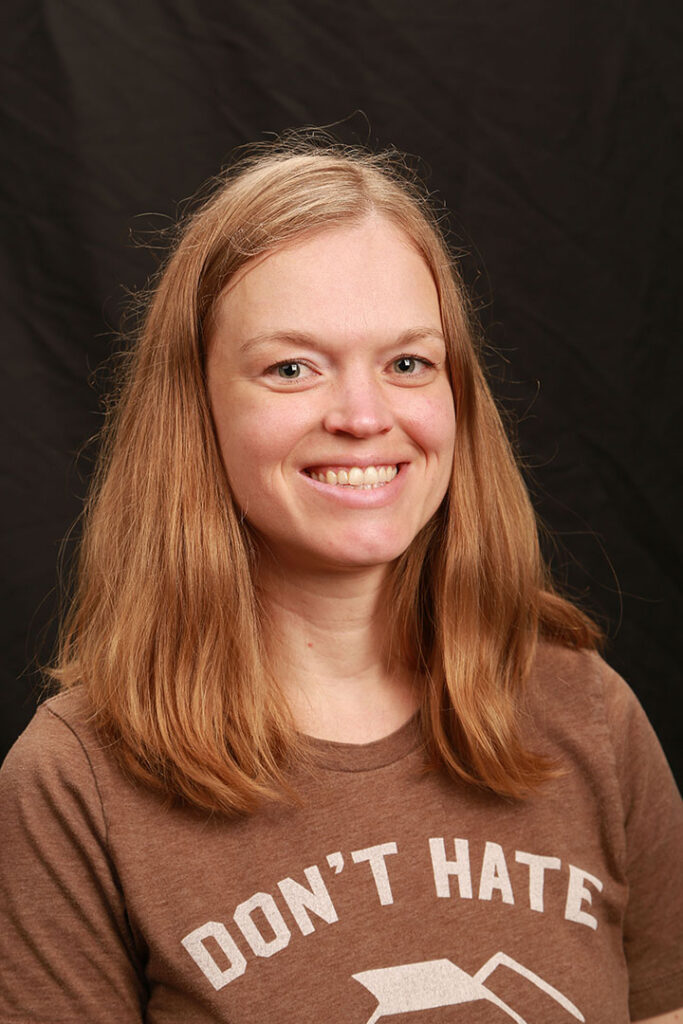Student Coalition for Social Justice; the new group at USUE


Everyone needs a voice and has a right for that voice to be heard. On the Utah State University Eastern campus, students don’t have access to a student senate.
The only voice available is through members of student government who then bring up issues to higher ranking staff. Ra Eisert, Queer Resource Center (QRC) coordinator, saw this problem and decided to create a new club on campus called the Student Coalition for Social Justice.
The Student Coalition for Social Justice is an organization formed to be an advocacy group and a voice of the students. They want to advocate, in particular, for more recognition of minority groups on campus. This is a student-led team where all students can collaborate as often as they want or need.
Eisert was inspired to create a service project ensuring students have access to menstrual health products on campus. This project counters the issue of student poverty and makes sure students have access to the health products they need.
Knowing that many hands make light work, they decided to explore the idea of service projects. A student coalition would keep generating projects even when the menstrual health service project ended. A coalition would have the ability to incorporate projects related to other social justice issues and would be inclusive of many causes and goals. “I wanted to create this coalition so we can all help each other out,” Eisert said.
The first meeting was held February 17 via Zoom. The group discussed the menstrual health products service project and glossed the issue of student poverty. There are plans to collaborate with Eastern Utah Sexual Health.
The group brainstormed other social justice-related service projects to get an idea of where they want to go in the future. Ultimately, the Student Coalition of Social Justice aspires to collaborate with students attending the Logan and Blanding campuses.
In addition to service projects, this group is a place where students access resources related to social justice issues. “It’s a place to learn skills of effective communication and it’s a place to learn how to start and engage in difficult conversations with people you care about,” Eisert said.
The club is designed to help students learn about group organization and to participate in community-level organization of service projects. “Our faculty supervisor, Jan Thornton, knows a lot about organizing on a community level,” Eisert said.
“We will learn together how to take an idea for a better world and translate it into a place and then effectively put that plan into action to create change,” Eisert said.
Members of the group are in the beginning stages of organization. Meeting times and frequency has yet to be established, as well as future projects the group hopes to undertake. Eisert says there is flexibility in how much members can be involved. “Members of the group can participate in every project, or just in projects they are interested in. There’s no requirement,” Eisert said.
Students interested in the group should visit tinyurl.com/usuesj to complete a survey about topics they are interested in. Anyone with questions should contact Eisert at [email protected].




